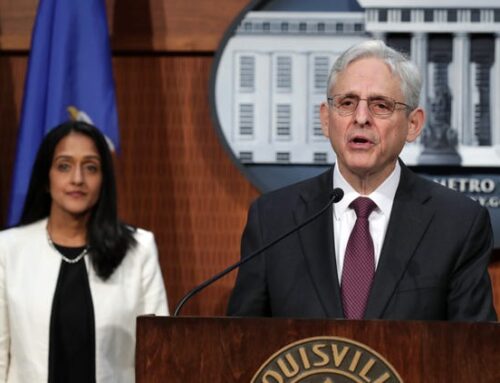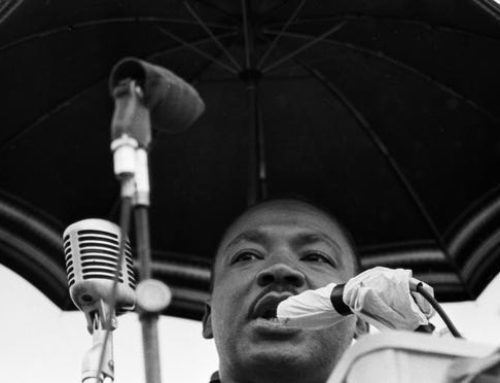This post was originally published on this site

Eight months have passed since the city and the Louisville Metro Police officers’ union agreed to a contract — now expired — that was preceded by years of negotiating.
But union officials are now optimistic that they’ll reach new agreements before the year is over.
Since January, leaders of the River City Fraternal Order of Police have been at the table with Metro Government hoping to renew two employment contracts: one for police officers and sergeants, which expired June 30; and another for lieutenants and captains, which expired on June 30, 2018.
The contracts will determine the cost and scope of LMPD police salaries and benefits, as well as the size of the force, at a time when the controversial “defund the police” narrative — the idea that money spent on police officers could and should be spent on other social services — is dominating budget conversations across the country.
Major issues of contention include pay raises anda proposal by the union to add at least 250 more officers to a quickly dwindling force, spokesman David Mutchler told The Courier Journal.
Louisville Metro’s $1.04B budget passes:Who won, who lost, who stayed even
The negotiations haven’t dragged on as long as they have in the past, said Ryan Nichols, president of the FOP. “We’ve accomplished a lot since we started in January,” he said. “We addressed the economic side of things sooner rather than later.”
But even as they negotiate, the FOP is gearing up for an Aug. 9 hearing in a lawsuit against the city that seeks to cut Metro Council from the contract approval process. The November 2020 lawsuit stems from a dispute about language in a state law that says the mayor’s signature is the “exclusive” method by which such an agreement can be made.
Mutchler says the state law “is clear” and that Metro Council doesn’t belong in the process, but the Jefferson County Attorney’s Office argues Metro Council should be involved because it makes all budget decisions.
Ariana Levinson, a labor law professor at the University of Louisville Brandies School of Law who has studied the contract with her students, said it’s common sense to need Metro Council approval for anything budget-related, especially a costly employment contract.
She said a ruling in the FOP’s favor would further erode transparency. Though no state law prohibits open negotiations, neither the mayor nor the FOP said they would allow anyone to observe.
“They don’t report to the public what’s happening,” Levinson said. “They don’t provide education — a lot of people don’t understand how important this contract is and that this contract governs the workplace rules. LMPD treats it the same way they treat a specific personnel issue.”
Concerns about the most recent contract include a “no layoffs” clause, as well as a provision that doesn’t allow the unpaid suspension of officers unless “they basically commit the most heinous crime under the sun,” she said.
For the FOP, one major issue is understaffing.
David McAtee: Police action marred by ‘poor communication,’ confusion and mistakes
The maximum number of officers allowed is 1,300, which was designated when city and county governments merged in 2003. Mutchler said the force is at about 1,040, and could be under 1,000 by the end of August.
“There’s a lot of things that, as the city grows, they want the police to be involved in, and that just takes a lot of people,” Mutchler said. “We’ve never added anything to the ranks. We were hard-pressed to keep up with everything as it was, but now that we’re bleeding off it makes things extremely difficult.”
During last year’s social justice protests, officers were overworked.
“They worked basically 12-hour days on the riot line, and we had to hold some officers back to respond to calls for service when we could,” he said. “There was a period of time when there was no way officers were going to have time off.”
Mutchler hopes the process moves faster than in the past given the public cry for police accountability. They started negotiations on time this year “out of necessity,” he said.
While it would be nice to have a judge rule in their favor prior to the ratification of another contract, he said, he’d prefer having a contract “tomorrow.”
“We need a collective bargaining agreement so the city and offices understand what our obligations are in the future,” he said.
Kala Kachmar is an investigative reporter. Reach her at 502-582-4469; [email protected] or @NewsQuip on Twitter. Support strong local journalism by subscribing today: www.courier-journal.com/subscribe.



